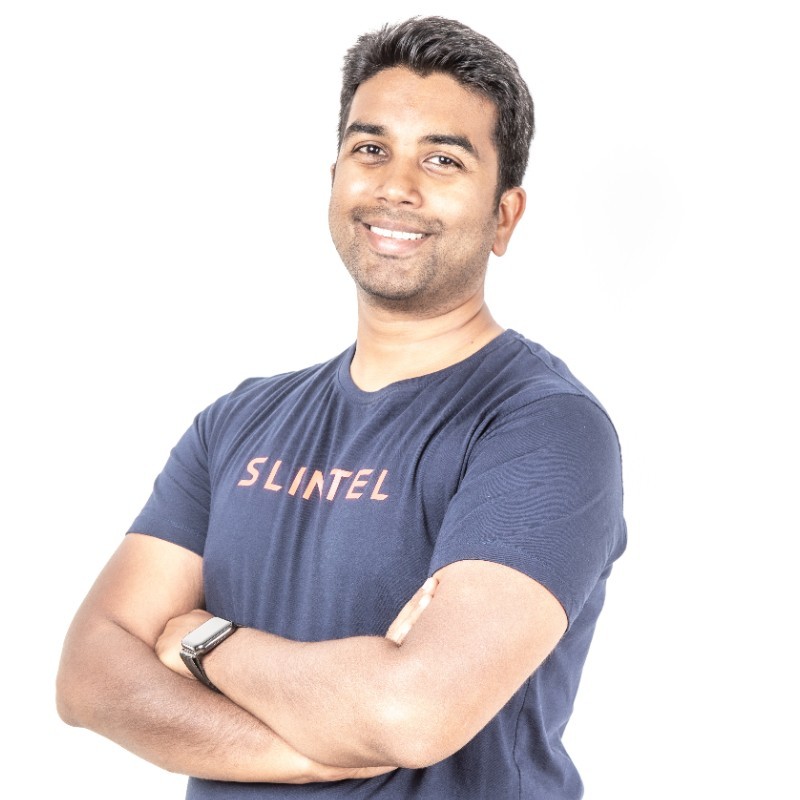🎙️ Episode Snapshot
In this insightful conversation with Ashish Aggarwal, Founder of Productiv, Deepak explores the journey from big tech to entrepreneurship and the evolving AI landscape. With a remarkable background spanning Microsoft, Amazon, and startup ventures, Ashish shares his perspective on building successful companies, making strategic AI investments, and navigating product roadmaps in the era of artificial intelligence. His practical wisdom on balancing customer needs with future innovation offers valuable guidance for anyone building in the AI ecosystem.
Topics Discussed
- Ashish's career trajectory from Microsoft to founding Productiv
- The fundraising journey and securing top-tier VC investments
- Angel investing criteria and patterns in successful founders
- Implementing AI solutions at scale in companies like Postmates
- Decision frameworks for building vs. buying AI capabilities
- Balancing traditional product roadmaps with AI innovation
- The evolution of AI from tool to interface
- The relationship between applications and AI agents
- Practical advice for aspiring AI entrepreneurs
Key Quotes + Ideas
"AI is a tool. It's not useful by itself. It's a shovel. You still as a founder have to ensure that wherever you're digging, it's actually the gold mine. AI won't find the gold mine for you."
Ashish cuts through the AI hype with this powerful metaphor, reminding us that technology is merely an enabler, not an end in itself. The true value comes from identifying meaningful problems worth solving. In today's environment where "AI" gets slapped onto everything, his perspective serves as a reality check for founders who might be enamored with the technology rather than the problem they're tackling. This gold mine analogy perfectly encapsulates the challenge entrepreneurs face: distinguishing between genuine opportunities and the fool's gold of technological novelty.
"Is the problem real? Is the solution differentiated? Is the market size big? And then on the founding team... can they actually build this company? Do they have the grit to go through the motions of ups and downs?"
When evaluating founders as an angel investor, Ashish focuses on these fundamental questions. His framework applies equally well to AI ventures as it does to any startup. Rather than being dazzled by technical AI capabilities, Ashish looks for the timeless qualities that make businesses successful: substantiated problem statements, unique solutions, sizable markets, and resilient founders. This grounded approach is refreshing in a space often dominated by technical capabilities rather than business fundamentals.
"Initially there was a phone app that people built saying the phone app is there, it's a checkbox. The web app is still the main way... And then later on, it turned out people were like, 'We just built the phone app and that's our entire thing.' There'll be AI-native solutions."
Drawing a parallel between AI's evolution and the mobile revolution, Ashish predicts how AI will transform from an add-on feature to the primary interface. This historical perspective gives us a roadmap for what's coming: just as mobile-first eventually replaced web-first thinking, AI-native solutions will emerge that fundamentally reimagine how we interact with technology. The transition he describes isn't just theoretical—it's already beginning as organizations move from "AI features" to "AI-first" thinking in their product development.
Key Takeaways
- Ground entrepreneurial decisions in fundamentals: Whether fundraising or building products, focus on real problems, differentiated solutions, and sustainable business models rather than chasing trends.
- Balance immediate customer needs with future innovation: Find the middle ground between delivering what customers are explicitly asking for today and building what they'll need tomorrow.
- AI adoption follows the same pattern as previous tech waves: Just as cloud and mobile transformed from optional features to core infrastructure, AI is following a similar trajectory from add-on capability to fundamental interface.
- Applications and agents will coexist, but their relationship will evolve: Rather than replacing applications entirely, AI agents will become the primary interface, with traditional applications serving as the backend infrastructure.
- The best AI implementations focus on customer problems, not technology: Successful AI entrepreneurs identify real pain points first, then apply AI as the tool to solve them—not the other way around.
If any of these insights about building in the AI ecosystem resonated with you, check out the full conversation with Ashish to get his complete perspective on navigating this transformative technology.




